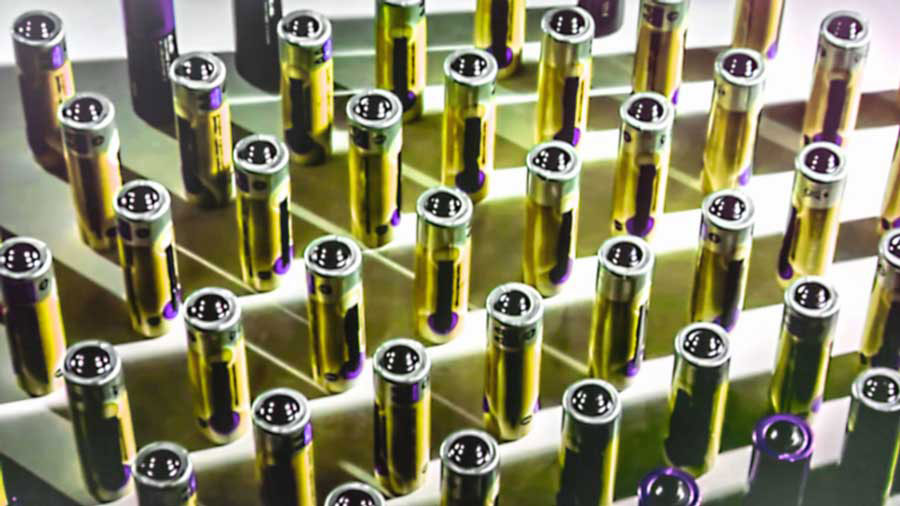A parliamentary panel to promote green energy has recommended the reduction of GST on Lithium-ion batteries and the extension of Income Tax benefits beyond March 2023. The panel has argued that Li-ion batteries will enable the country to meet the net zero commitment.
While the electric vehicles attract 5 per cent GST, Lithium-ion batteries attract 18 per cent GST. The GST Council's fitment committee earlier this year rejected the Electric Vehicle (EV) industry's proposal to reduce the Goods and Services Tax (GST) rate on electric vehicle batteries from 18 per cent to 5 per cent.
The committee recommended maintaining the current rate as lithium-ion batteries have multiple uses, including in mobile phones, portable electronics, and electric vehicles.
The parliamentary panel headed by Tiruchi Siva said “one of the major challenges to make electric vehicles more affordable and economical to operate is their high ownership cost vis-a-vis ICE vehicles, as the electric vehicles include a battery pack that forms about 40-45 per cent of their ownership cost.
“Since the Lithium-ions Batteries (LIBs) for electric vehicles has a greater durability with relatively high energy and power density, the Committee recommends that Government should explore the possibility of shrinking further the GST on Lithium-ion batteries to bring down the ownership cost of electric vehicles. Further, there is a need to address the issue of GST for manufacturers as well in order to reduce the high cost of electric vehicles and consequently its affordability for the potential buyers to promote faster adoption of electric vehicles,” the panel observed.
Siva panel said “the Section 80EEB of the Income Tax Act 1961 allows an individual to claim tax savings of up to Rs. 1.5 lakh on interest paid on a loan made specifically to purchase an electric vehicle. Section 80EEB specifically states that the deduction benefits in case of purchase of electric vehicles are available only if the loan is approved by the Financial Institutions during the period 1st January 2019 to 31st March, 2023.
Finance ministry informed the panel that the end date for taking loan for the purpose of purchase of electric vehicles for claiming additional tax deduction of Rs. 1.5 lakh on the interest paid for such loan under Section 80EEB of the Income Tax Act 1961 has not been extended beyond 31.3.2023 and there is no proposal to extend it. There is no proposal to make the same/similar clause/exemption available under the new tax regime. This is in line with the stated policy of the Government to remove exemptions and deductions available in the Income-Tax Act 1961 while simultaneously reducing the rates of tax.
“The Committee is of the view that pollution is still a major concern and therefore, there is a need to work towards Green Grow. In order to facilitate faster adoption of electric vehicles, the Committee recommends that the provision under Section 80EEB may be considered for extension at least up to 31st March, 2025,” report said.










